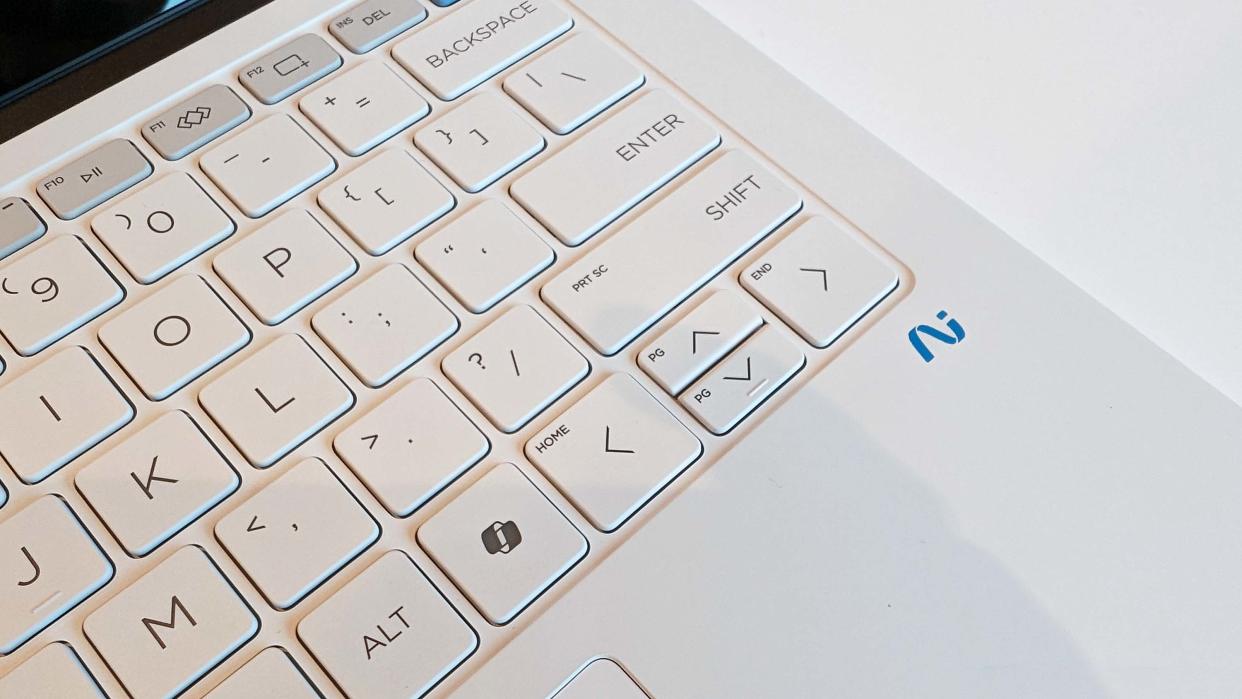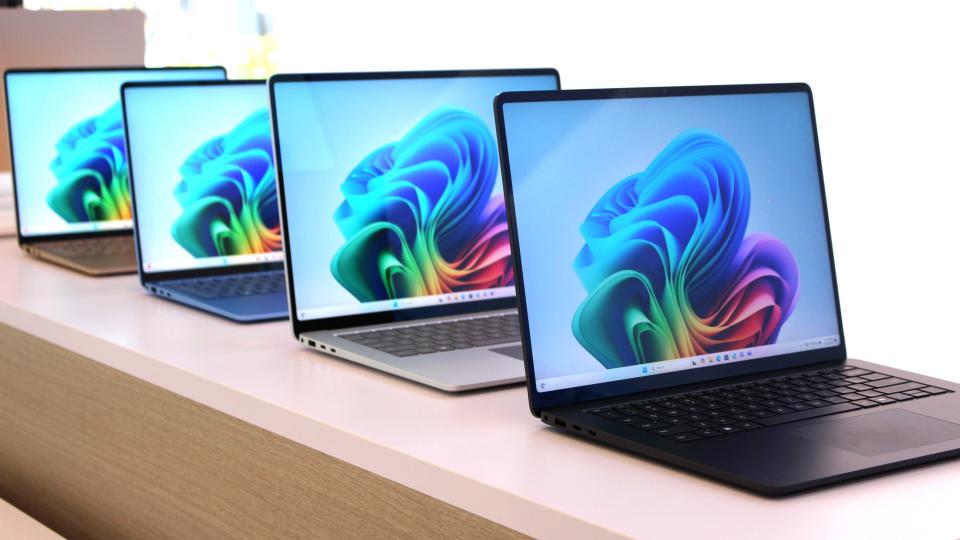Here's why Arm Holdings wants Qualcomm to destroy ALL Copilot+ PCs one week before they ship to customers

What you need to know
Copilot+ PCs with Snapdragon X processors are set to start shipping on June 18, 2024.
Arm has called on Qualcomm to destroy and stop using Snapdragon X chips and any processors derived from Nuvia designs.
Qualcomm purchased Nuvia for $1.4 billion in 2021, and Arm later sued Qualcomm for Qualcomm's use of Nuvia technology in creating PC chips.
Copilot+ PCs with Snapdragon X processors are set to ship next week, but there's a chance, albeit a small one, that all of those PCs will be destroyed before they ever reach consumers, according to a new report from Reuters.
Arm Holdings and Qualcomm have been in a legal battle surrounding technology used in Qualcomm's latest processors for nearly two years. Arm claims that Qualcomm has a "contractual obligation to destroy and stop using the Nuvia designs."
The people behind Apple's A-series chips founded Nuvia. Qualcomm then purchased Nuvia for $1.4 billion in 2021, hoping to compete with Apple's Arm-based processors. That vision is nearly realized through the Snapdragon X Elite and Snapdragon X Plus chips that power Copilot+ PCs from Acer, ASUS, Dell, HP, Lenovo, Microsoft, and Samsung.
However, an ongoing legal battle surrounds those chips set for trial in a federal court in Delaware in December 2024.
Read more

- Best Windows on ARM laptops
- Qualcomm Snapdragon X benchmarks
- Best AI PC laptops
- I finally tried Windows on ARM and I love it
- Your next Arm PC could run on a chip made by someone other than Qualcomm
Without having access to the contracts that are key to this legal battle, it isn't easy to piece together every detail of the Qualcomm vs Arm case. But here's a quick rundown of the core elements:
Before being acquired by Qualcomm, Nuvia had a license with Arm to design cores for server CPUs. Arm claims that the repurposing terminated previous licensing agreements and that Qualcomm needs to stop using and destroy all chips designed based on the Nuvia cores initially designed for server CPUs.
To counter, Qualcomm claims that it has a broad license that covers PC chips.
"Arm's claim against Qualcomm and Nuvia is about protecting the Arm ecosystem and partners who rely on our IP and innovative designs, and therefore enforcing Qualcomm's contractual obligation to destroy and stop using the Nuvia designs that were derived from Arm technology," said an Arm spokesperson to Reuters.
In late 2022, Qualcomm's general counsel Ann Chaplin said, "Arm's complaint ignores the fact that Qualcomm has broad, well-established license rights covering its custom-designed CPUs, and we are confident those rights will be affirmed."

The demand by Arm seems logistically challenging. Qualcomm has partnered with several PC manufacturers to make computers with Snapdragon X chips inside. Those PCs are set to ship on June 18, 2024, less than one week away. To destroy all Nuvia designs, the shipment of at least a dozen types of PCs would have to be stopped in the next six days.
Another layer of complexity is that the trial will take place in a federal court in Delaware in December 2024, several months after the first wave of Snapdragon X-powered PCs enter the hands of consumers.
This legal battle isn't just about the Snapdragon X Elite and Snapdragon X Plus. In fact, it isn't limited to PC processors. Qualcomm has publicly stated it will use its Nuvia-derived technology to make chips that appear in smartphones, cars, augmented reality devices, and other pieces of hardware. Arm will do everything it can to get licensing fees it is happy with for using those chips to make up for the fact Qualcomm doesn't need Arm Holdings for new chip designs any longer.
Looking at this situation from Arm's perspective, the company would likely negotiate a very different licensing deal with Qualcomm if the chips in question were designed without the Nuvia license and Qualcomm's acquisition of Nuvia. Arguably, Arm may not approve a licensing agreement at all.
Given that this case has been going on for two years and there is no injunction on Qualcomm, it seems unlikely that Copilot+ PC shipments will be stopped. If I had to make a prediction, I foresee a settlement between Qualcomm and Arm rather than Qualcomm destroying all chips derived from Nuvia cores. Arm and Qualcomm still work together on several fronts, and both companies will have much money to make in the future. The dispute between the tech giants will likely focus on how the profits are divided between the companies.


